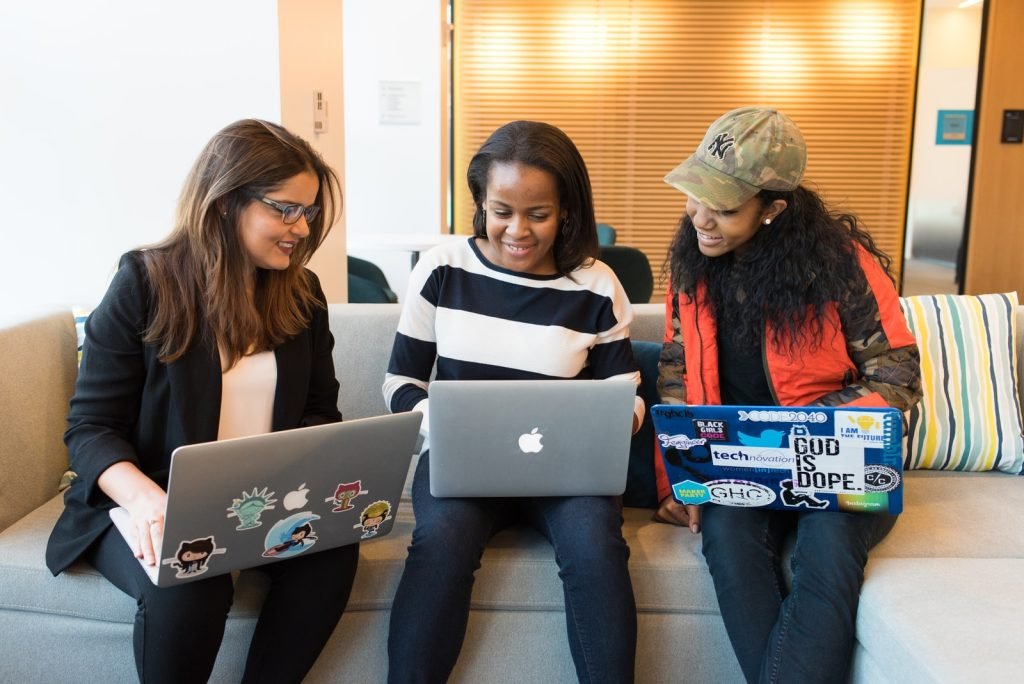Critical Media Literacy: Tackling Information Disorder in the Digital Age

Organizational unit: Centre for Transferable Skills Course type: Online course Living and working in our modern world, we are confronted with a constant stream of ‚alternative facts ‘, propaganda, hoaxes, rumours, and advertising – while it becomes more and more difficult to distinguish fact from fiction to navigate the digital media world successfully. As recent […]
Digital Self-Publishing: the Hidden Continent in Contemporary American Literature

Organizational unit: Department of Literature, Art and Media Studies Course type: Online course Self-publishing is widely associated with vain but untalented authors on the one hand, and predatory publishers on the other. With the rise of online platforms that connect millions of writers and readers online, however, self-publishing exposes grey zones of professional publishing that […]
Immersive Analytics with Applications in the Life Sciences

Organizational unit: Department of Computer and Information Science Course type: Hybrid course / Directed Studies In this course we will study, present and discuss articles concerning foundations, current methods, and tools in the area of Immersive Analytics (IA), taking into account the life sciences as a main area of application. IA is an emerging research […]
Managing Diversity: Challenges of working in multicultural teams

Organizational unit: Centre for Transferable Skills Course type: Online course “We need diversity of thought in the world to face the new challenges.” —Berners-Lee, inventor of the Worldwide Web, 2012 In a globalized world, working in an international environment with international teams is nothing unusual. Therefore, managing diversity and learning how to work in multicultural […]
Gender Disparity through Linguistic Behaviour

Organizational unit: Department of Literature, Art and Media Studies Course type: Hybrid course The course is about the study of the relationship between language and society. It will highlight the various functions that a language performs in a society which results in disparity of genders. Therefore, this course aims at exploring the role of gender […]
Language, Communication and Power

Organizational unit: International Office Course type: Online seminar If I’m being honest and tell you it’s raining outside, then if you are inclined to find me reliable, you’ll come to believe that it’s raining outside, and plan your behavior accordingly. This is a paradigm case of communication – simple, literal, and coop-erative. While such exchanges […]
Petri Nets

Faculty: Department of Computer and Information Science Petri nets (named after C. A. Petri) are a well-known and often used structure for the modelling and simulation of different processes in engineering, science, economy and other areas. This course presents a theory for the modelling with Petri nets and different techniques for the analysis of Petri […]
Immersive Analytics

Faculty: Department of Computer and Information Science In this course we will study, present and discuss articles concerning current methods and tools in the area of Immersive Analytics (IA). IA is an emerging research thrust investigating how new interaction and display technologies can be used to support analytical reasoning and decision making. The aim is […]
Advanced Corporate Finance

Faculty: Department of Economics The aim of the lecture “Advanced Corporate Finance” is to discuss selected topics of Corporate Finance in detail. The students should have a basic knowledge of Corporate Finance. Course Outline (selected topics): Leasing Credit Risk Rating Financial Statement and Ratio Analysis The Capital Asset Pricing Model with Taxes The Theory of […]
Féminismes au pluriel : pensées, mouvements, théories

Comme le laissait entendre Joan Scott dans son essai « Le genre une catégorie utile d’analyse historique », le concept de genre n’a cessé de produire des théorisations dans de nombreux champs disciplinaires. Par ailleurs d’autres termes et notions ont connu et connaissent des parcours tout à fait significatifs dans les pratiques et théories politiques […]
